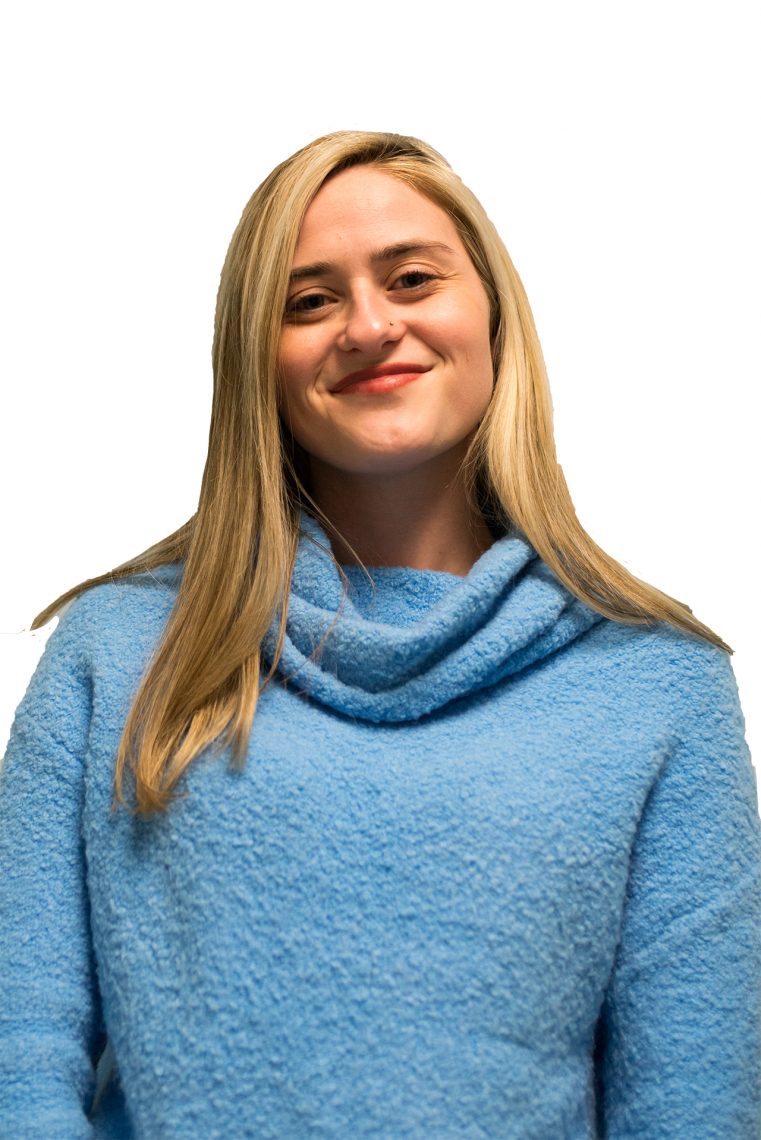
If the last two years of social justice could be described with a few buzzwords, they would probably be “spectrum,” “social construct” and “intersectionality.”

Many activists are trying to shift the conversation from simply diversity and inclusion to challenging social norms and embracing the numerous identities one individual can have.
One of the most powerful ways to illustrate the multifaceted human experience is through stories, some of the bravest being when a person announces their gender or sexuality to a world that isn’t always waiting with open arms.
More than 30 celebrities, including singers Janelle Monáe and Brendon Urie, actresses Amandla Stenberg and Abbi Jacobson and golfer Tadd Fujikawa, publicly came out in 2018.
For many people in the LGBTQ community, it’s comforting to see themselves represented and celebrated in Hollywood more and more.
“Hayley Kiyoko, Kehlani, Troye Sivan and Janelle Monáe have been sources of strength and inspiration for me,” said Valerie Steinman, a bisexual psychology graduate student at Temple University.
Kiyoko, a biracial singer and actress, is known to fans as “lesbian Jesus” and has been representing queer femininity since 2015, with the release of the music video for her single “Girls Like Girls.” She even coined “#20GAYTEEN” on Twitter last year. This hashtag honors not only the music industry’s growing LGBTQ spectrum but also the number of mainstream films in 2018 with LGBTQ stars.
As insignificant as it may seem, a trending hashtag like that can make individuals of a marginalized community feel united and heard. In Gay Times Magazine, Kiyoko discussed how much she loves seeing her fans comment on her videos and how much of a positive impact she can make on them.
“Sometimes being gay can be such a dark feeling for a lot of people, so to be able to make light of it and be like, ‘I’m gayer than ever!’ and laugh about it is really healthy,” Kiyoko told Gay Times in December.
Stenberg came out as gay in June 2018 in an interview in Wonderland Magazine. Stenberg said she would have understood her own identity sooner if she saw more queer women of color being represented in media.
Monáe, who released her newest album “Dirty Computer” in April 2018, came out as pansexual in an interview with Rolling Stone and emphasized that she dedicated the album to anyone who is having a hard time dealing with their sexuality or being isolated because of it.
This sentiment offers hope to people who might feel the same feelings of loneliness Monáe expresses in her songs. It’s empowering when celebrities dedicate their art to a community that’s usually neglected.
The experience of coming out as a part of the LGBTQ community is so significant that there is a national day — Oct. 11 — set aside to celebrate it.
While celebrities sharing their identities and sexualities with the world is a step in the right direction, we still have a lot of room for improvement when it comes to accepting people in the LGBTQ community.
“My most common experiences of discrimination have included often being told that I am going to ‘hell’…from family members and strangers alike,” said Shaya Schaedler, a bisexual psychology graduate student.
“I experience a lot of microaggressions, which can be very subtle, but much less outright discrimination here in Philadelphia,” Schaedler added.
LGBTQ people are still stigmatized and misunderstood. But when people in the spotlight are brave enough to step forward and share their stories, it’s contagious.


Be the first to comment